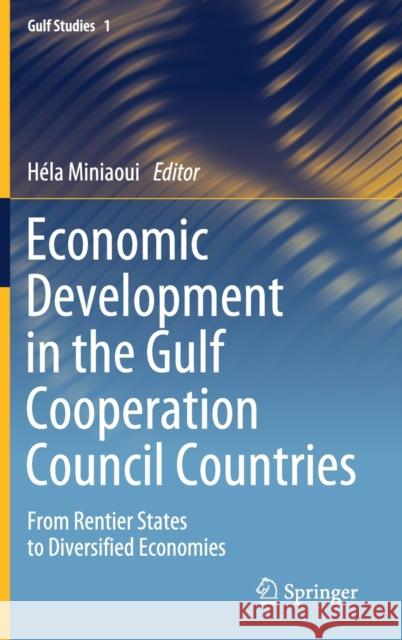Economic Development in the Gulf Cooperation Council Countries: From Rentier States to Diversified Economies » książka
topmenu
Economic Development in the Gulf Cooperation Council Countries: From Rentier States to Diversified Economies
ISBN-13: 9789811560576 / Angielski / Twarda / 2020 / 208 str.
Economic Development in the Gulf Cooperation Council Countries: From Rentier States to Diversified Economies
ISBN-13: 9789811560576 / Angielski / Twarda / 2020 / 208 str.
cena 603,81
(netto: 575,06 VAT: 5%)
Najniższa cena z 30 dni: 539,74
(netto: 575,06 VAT: 5%)
Najniższa cena z 30 dni: 539,74
Termin realizacji zamówienia:
ok. 22 dni roboczych.
ok. 22 dni roboczych.
Darmowa dostawa!
Kategorie:
Kategorie BISAC:
Wydawca:
Springer
Seria wydawnicza:
Język:
Angielski
ISBN-13:
9789811560576
Rok wydania:
2020
Wydanie:
2020
Numer serii:
001122335
Ilość stron:
208
Waga:
0.49 kg
Wymiary:
23.39 x 15.6 x 1.42
Oprawa:
Twarda
Wolumenów:
01
Dodatkowe informacje:
Wydanie ilustrowane











